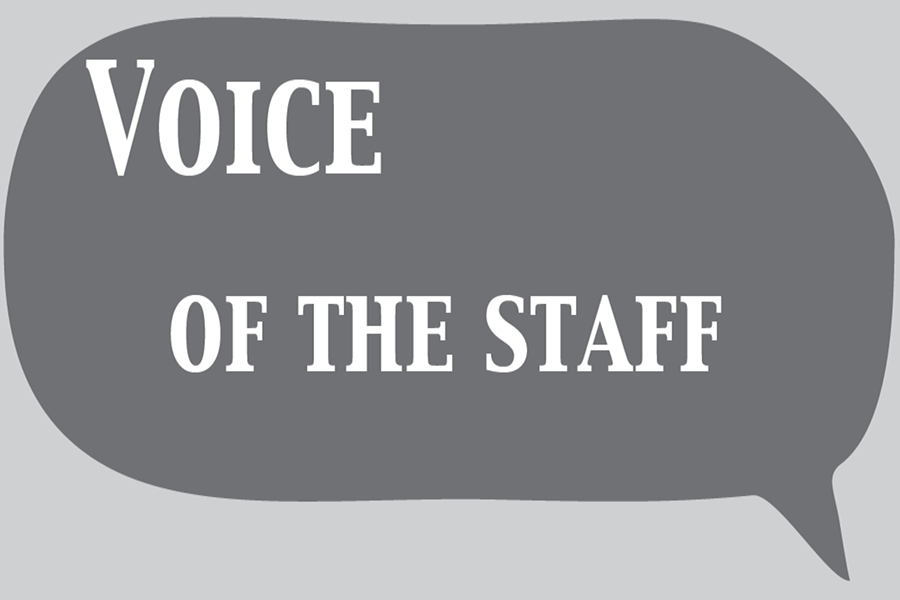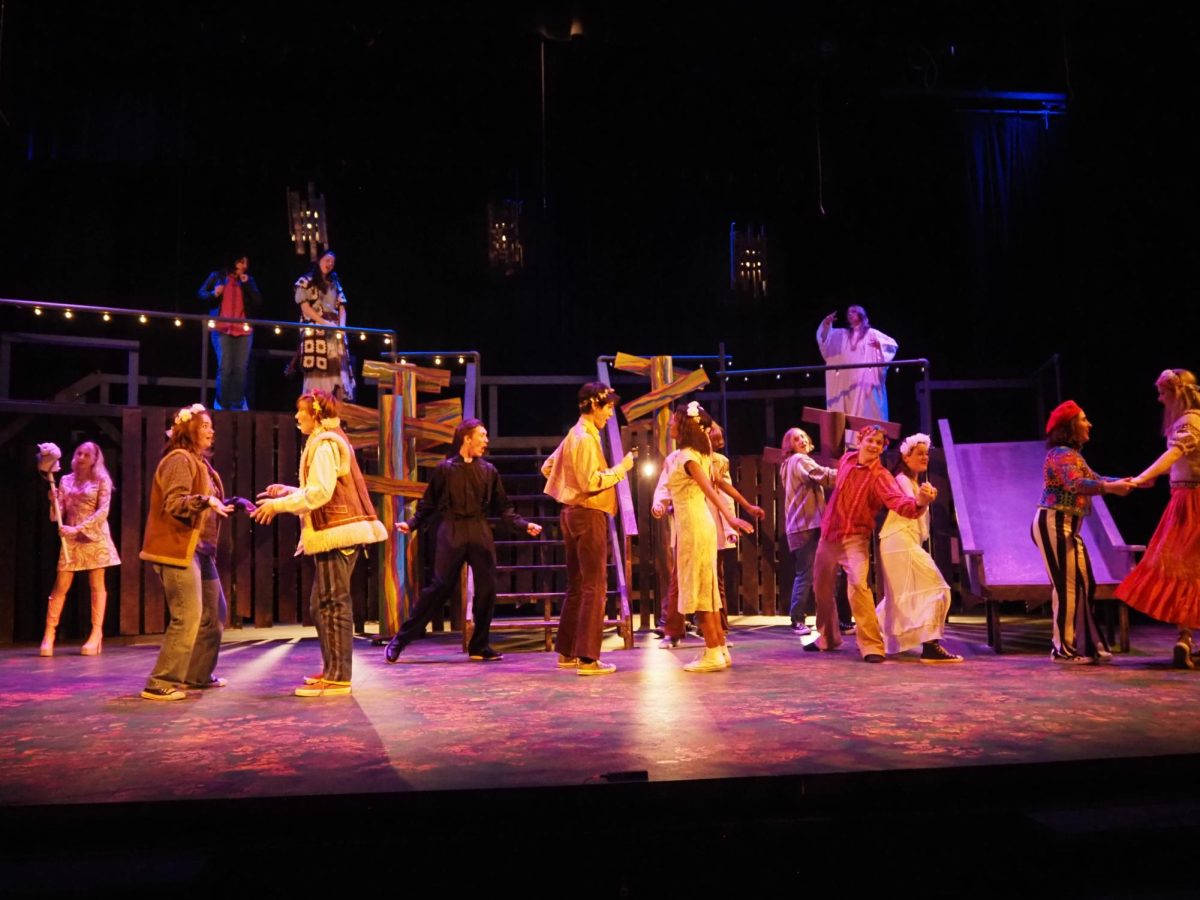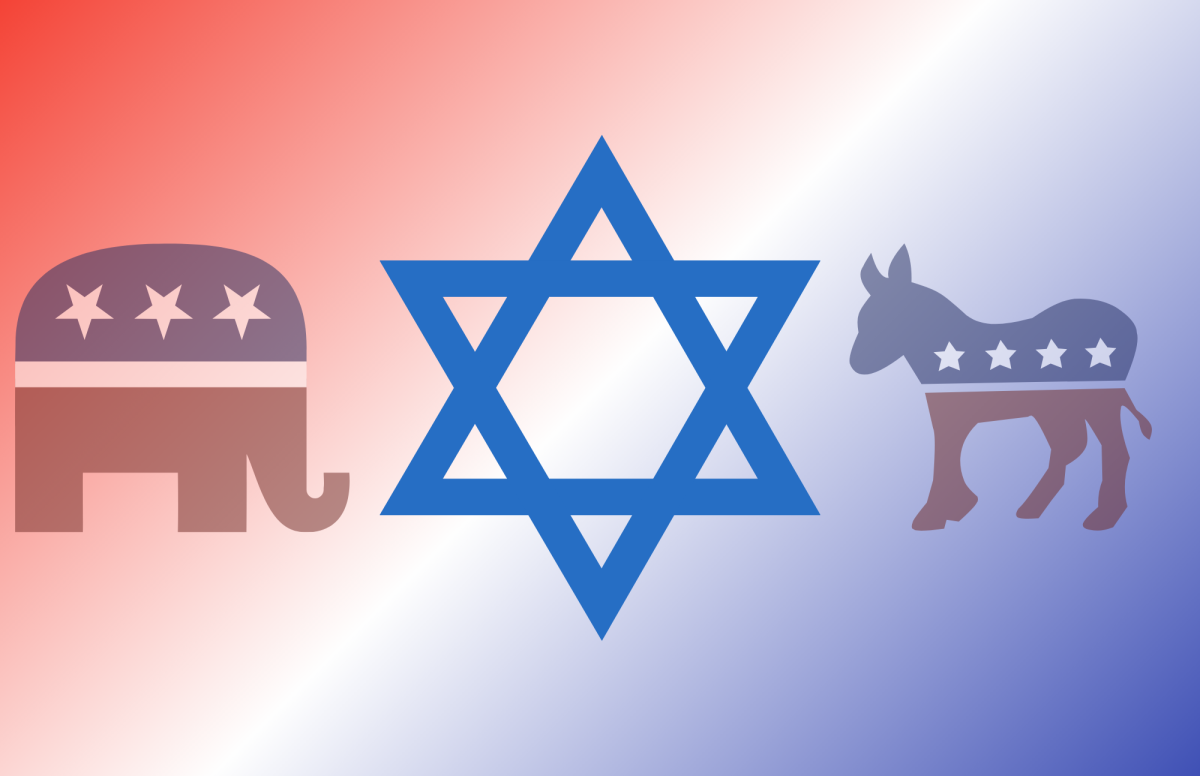In the wake of national unrest about race relations on college campuses, discussions of the subject have naturally permeated into high schools, too. Uncomfortable, necessary conversations have graced our world through online mediums and face-to-face interactions. Our administration even felt it necessary to implement awkward, ham-fisted seminars in advisory to learn the importance of “civil discourse.”
Students make mistakes. Standing at the confluence of adolescence and adulthood, we are nothing more than wannabe grownups. The standards that we set for each other – and for ourselves – around discourse can often be stifling for this reason. Many feel as though the rules around how to engage in civil discourse actually silence many those who fear misspeaking or overstepping.
Often, arguments in the realm of inclusive speech turn into public debates in which each side attempts to humiliate and condemn the other. This results in some individuals rationalizing that all attempts to establish safe spaces through inclusive language are efforts to restrict the views of others.
Then, a struggle arises between proponents of unfettered free speech and supporters of inclusive language.
The idea that students should be granted complete freedom to speak the first thoughts that pop into their heads is misguided. Your words will have consequences and you must take responsibility for the impact that they have, regardless of your original intent.
In classroom discussions, participants are taught to think about their contributions before asserting their beliefs. Likewise, filtering comments on emotionally charged social issues should not be a foreign thought: language is too powerful for individuals to dispense it so carelessly.
While this exercise in mindfulness in itself isn’t political correctness as we define it today, the excessive dissection of others’ language can become easy to fall back on to avoid uncomfortable discussions completely. This works on both ends of the spectrum.
Extreme proponents of political correctness may nitpick so thoroughly that someone can’t say “easter eggs” without getting attacked.
On the other hand, those wary of political correctness may write off those critical of their language as “PC police,” rather than taking the time to realize the very real impact of their words.
Like “civil discourse,” the term “political correctness” can leave a bad taste in students’ mouths. The first solution to this problem is to reframe political correctness and realize that it truly just means thoughtful language that avoids trampling cultures and identities.
Secondly, the only way to get better at utilizing mindful language is to use it. Discussion forums shouldn’t be optional thirty-minute blocks where only one point of view (or students mandated to be present by teachers) shows up. If the school really wants students to learn how to engage in respectful discussions, doing so should be mandatory.
Finally, consume all sorts of media. In this modern age, news already aligned with your views is just a click away. It is crucial to challenge your own beliefs. Read from various perspectives and check your ego at the door when you do so; you can’t and won’t always be right in your first opinion, and that’s okay.




